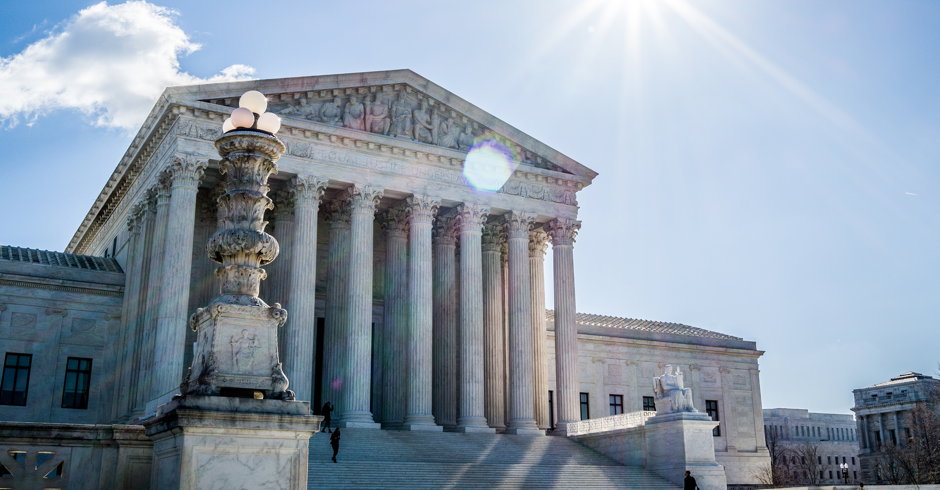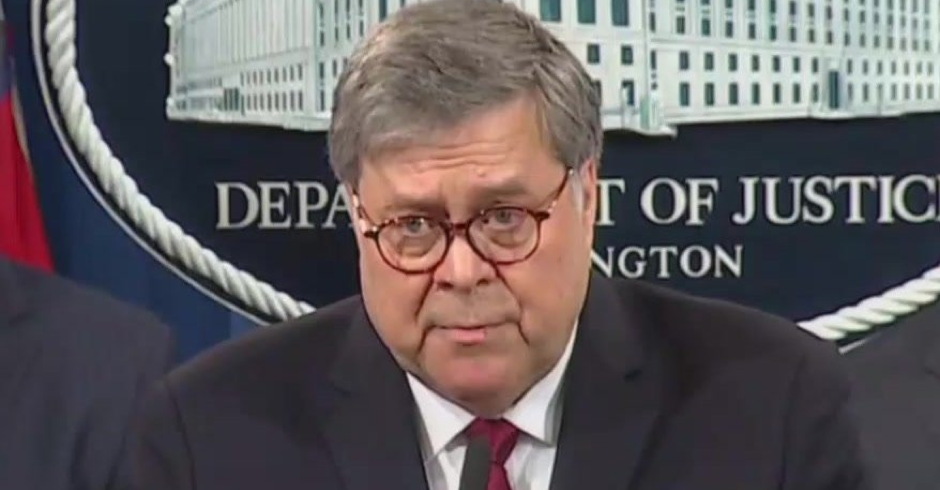This story was originally published by ProPublica.
The Department of Justice has weakened its long-standing prohibition against interfering in elections, according to two department officials.
Avoiding election interference is the overarching principle of DOJ policy on voting-related crimes. In place since at least 1980, the policy generally bars prosecutors not only from making any announcement about ongoing investigations close to an election but also from taking public steps — such as an arrest or a raid — before a vote is finalized because the publicity could tip the balance of a race.
But according to an email sent Friday by an official in the Public Integrity Section in Washington, now if a U.S. attorney’s office suspects election fraud that involves postal workers or military employees, federal investigators will be allowed to take public investigative steps before the polls close, even if those actions risk affecting the outcome of the election.
The email announced “an exception to the general non-interference with elections policy.” The new exemption, the email stated, applied to instances in which “the integrity of any component of the federal government is implicated by election offenses within the scope of the policy including but not limited to misconduct by federal officials or employees administering an aspect of the voting process through the United States Postal Service, the Department of Defense or any other federal department or agency.”
Specifically citing postal workers and military employees is noteworthy, former DOJ officials said. But the exception is written so broadly that it could cover other types of investigations as well, they said.
Both groups have been falsely singled out, in different ways, by President Donald Trump and his campaign for being involved in voter fraud. Trump has repeatedly attempted to delegitimize ballots sent through the postal service, just as the country experiences increased voting by mail spurred by the coronavirus pandemic. He has also raised the specter that the ballots of military members, among whom he enjoys broad support, might be suppressed.
The DOJ and the White House did not immediately respond to requests for comment.
Experts who reviewed the revision said they were concerned it could be exploited to help the DOJ bolster Trump’s campaign.
“It’s unusual that they’re carving out this exception,” said Vanita Gupta, the former head of the DOJ Civil Rights Division under President Barack Obama. “It may be creating a predicate for the Justice Department to make inflated announcements about mail-in vote fraud and the like in the run-up to the election.”
In a break from long-standing practice last month, a U.S. attorney in Pennsylvania publicly announced that the DOJ was investigating whether local elections officials illegally discarded nine mail-in military ballots. Attorney General William Barr personally briefed Trump on the case before it was publicly announced, The Washington Post reported. Trump later cited it as an example to support his claims of widespread mail-in voter fraud, a false assertion Barr has has helped amplify. It’s not clear where the federal probe stands, but Pennsylvania’s top elections official said early indications point to an error, not fraud.
The new policy carveout, Gupta said, could be designed to both justify the widely criticized Pennsylvania announcement and open the door for more such moves in the coming weeks.
Justin Levitt, a former deputy assistant attorney general in the DOJ’s civil rights division, also expressed concern that the department could be encouraging prosecutors to make more public announcements about incomplete investigations, as they did in the Pennsylvania case.
“It alarms me that the DOJ would want to authorize more of the same in and around the election,” he said. “It’s incredibly painful for me to say, but given what we’ve seen recently, Americans shouldn’t trust DOJ announcements right now.”
The Friday email was sent to a group of dozens of prosecutors around the country known as district election officers. They monitor election procedures and take complaints on Election Day from the public about alleged crimes and serve as the federal points of contact for local election officials.
For decades, the work of federal prosecutors has been guided by a strict policy of non-interference in elections.
A 281-page document titled “Federal Prosecution of Election Offenses” is the handbook for district election officers. The latest edition, from 2017, warns againstlaunching public investigations, without approval granted for extraordinary cases, into alleged fraud before an election is over.
Such a step, the handbook says, “runs the obvious risk of chilling legitimate voting and campaign activities. It also runs the significant risk of interjecting the investigation itself as an issue, both in the campaign and in the adjudication of any ensuing election contest.”
One current DOJ official told ProPublica that prosecutors have historically been warned not to allow themselves to be dragged into candidate disputes. “That’s what they drill into us: the policy of non-interference and never, ever, ever announce an investigation,” the official said.



























